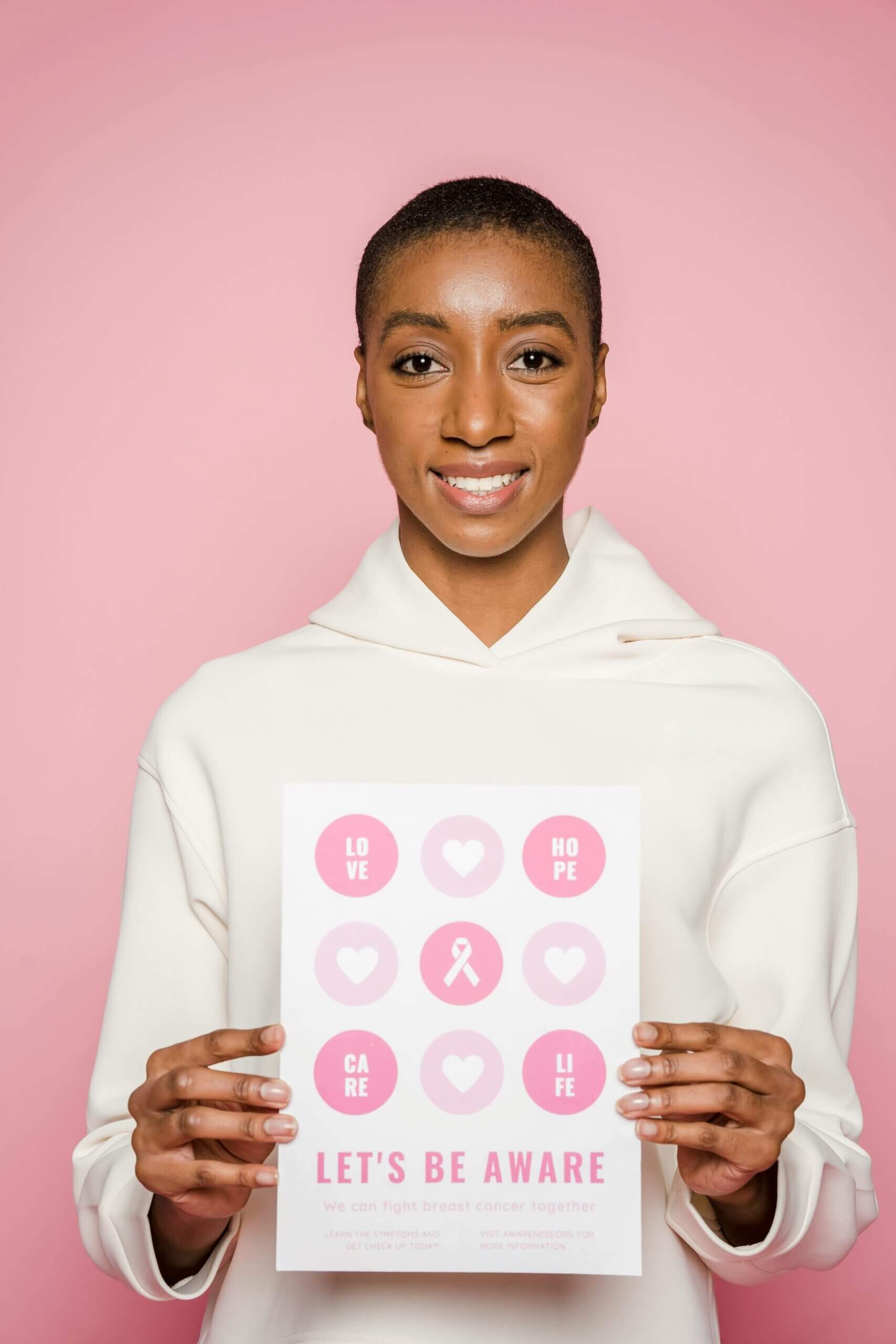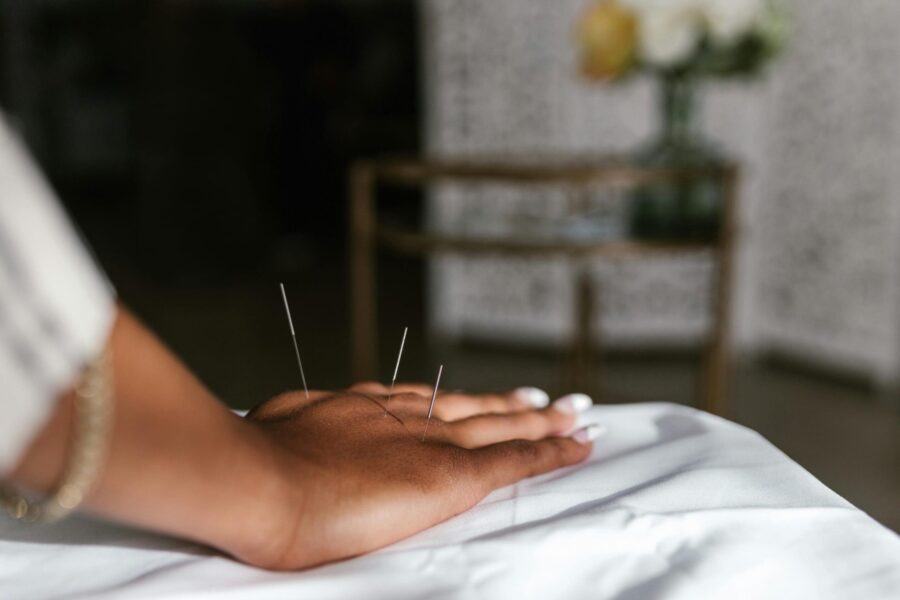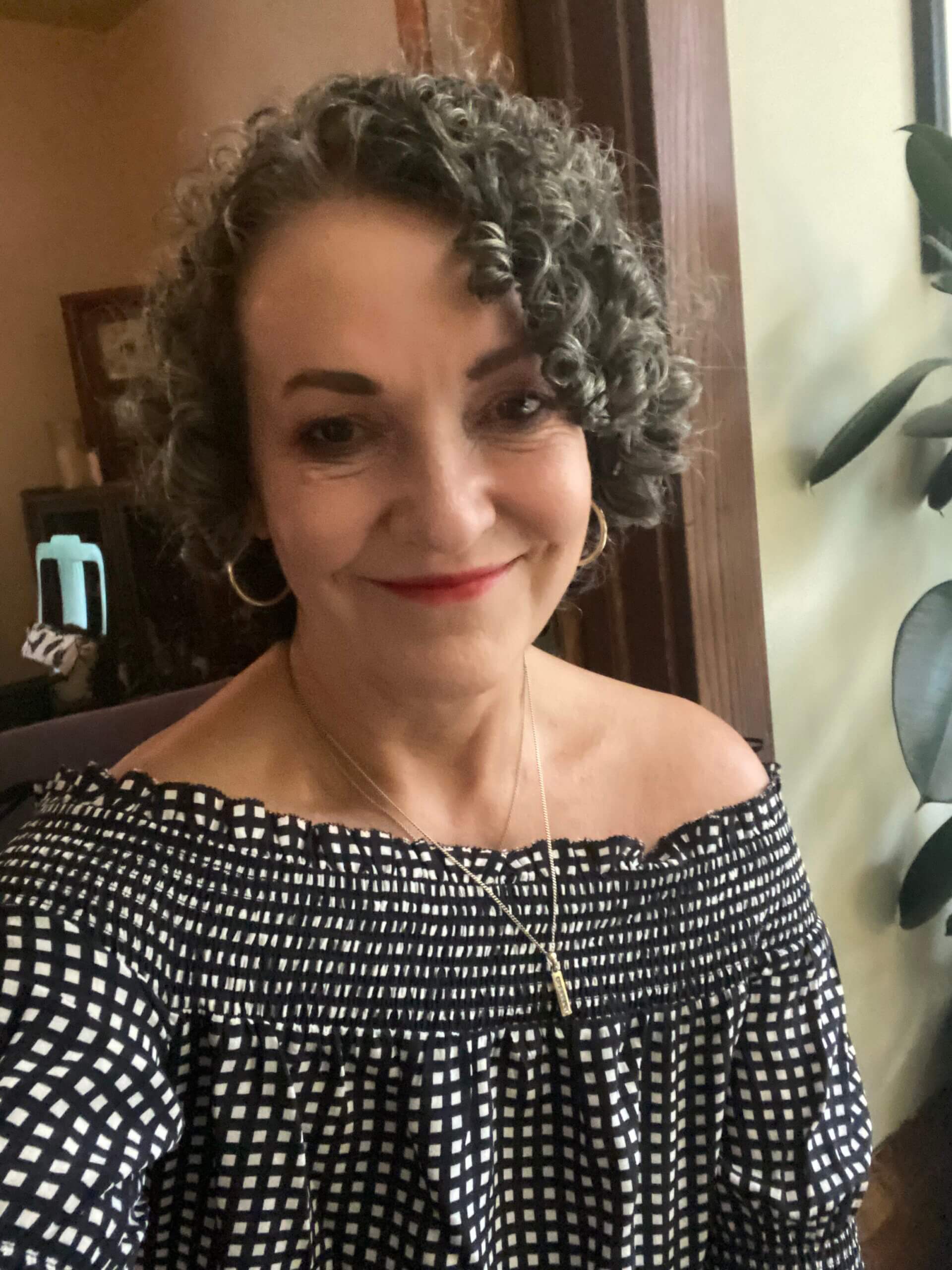Massage can be a terrific complementary therapy for those going through breast cancer, helping to alleviate stress, combat fatigue and even ease pain. I have a standing date with my massage therapist and found regular massage to be incredibly helpful when going through my breast cancer diagnosis and treatment. All that said, please always check with your medical team first, especially if you are going through chemotherapy. Chemo can impact your red and white blood counts and massage — in particular, intense deep tissue massage can cause bruising and can tax system for those undergoing and weakened by treatment.
Massage for stress release
Those first few weeks after a diagnosis are so incredibly stressful. I suffered from panic attacks for the first time in my life. During this time of anxiety, I turned to gentle and relaxing Swedish massage to soothe my nervous system. Massage helps to increase the secretion of endorphins, dopamine, and serotonin, which reduces the levels of stress hormones, such as cortisol, epinephrine, and norepinephrine. This can in turn, reduce the effects of anxiety, fatigue, stress, and physical and mental strain. Swedish massage, which uses gentle strokes, has been proven effective in reducing muscle pain and stress, and has been proven safe. In addition, it is very efficient at increasing respiratory function, reducing edema caused by the obstruction of the lymphatic vessels, and helping to improve the damaged soft tissues of the body.
The experience of a gentle massage can also be a balm for the soul, allowing you to either rest your mind as well as your body, a brief respite from emotional pain and trauma, or if you are chatty like me, talk through the emotions and experiences with your therapist.
This is backed by clinical evidence. A 2005 study examining the impacts of regular Swedish massage on 58 women diagnosed with early-stage breast cancer found that those undergoing therapy experienced a significant reduction in pain and anger.
Massage for peripheral neuropathy prevention
This one is trickier, but I’m personally convinced that the incorporation of gentle massage before each of my chemotherapy infusions helped to prevent the onset of chemotherapy-induced neuropathy. Peripheral neuropathy is a common side effect for those of us who receive Taxene-based chemotherapy (most do). It can cause tingling in the hands and feet and in more extreme cases, numbness and loss of feeling in the extremities and the side effects can linger for years, or remain permanent. I was worried about peripheral neuropathy, both as a writer whose
hands are racing across the keyboard daily and as someone who incorporates fitness, including strength work, into her everyday routine.
As part of my research into my diagnosis, I discovered science-based research pointing to the successful use of massage to prevent the onset of peripheral neuropathy. With my doctor’s permission, I arranged for a gentle massage a few days before the date of my infusion. I also wore ice mitts and booties in the chemo suite during the administration of the Taxene drug and remained active during my entire treatment walking, doing pilates, and weights on good days.
I know that the experience I share here is purely anecdotal, but I can happily report that I didn’t experience even the mildest tingle and remained completely free of this side effect, and for that, I’m incredibly grateful.
Lymphatic massage
Removal of lymph nodes is a standard practice of care for those undergoing breast cancer surgery. If imaging shows no evidence of lymph node involvement, typically the surgeon removes a few lymph nodes, called sentinel nodes to be analyzed by pathology for metastasis. For those with more extensive lymph node involvement, the surgeon will perform a more extensive clearance of the lymph nodes.
Removal of any lymph nodes raises the risk of the development of lymphedema, a condition that can occur at any time — even months or years after surgery.
Here too, exercise is beneficial, helping to improve lymphatic drainage. So too is maintaining a good diet and body weight.
Lymphatic drainage massage, which involves the gentle manipulation of specific areas of your body to help lymph move to an area with working lymph vessels, can help alleviate any swelling that might occur as a result of lymphedema and can help to control and manage the condition. Once again, please consult with your medical team before undertaking any form of treatment and always work with a trained massage therapist well versed in this form of treatment.
Deep tissue massage
I had a double mastectomy and opted for aesthetic flat closure with no breast mound reconstruction. As such, I have scars on both sides that arc from my sternum out and into my armpits. I also had radiation on the left side to prevent cancer recurrence. When one has scars as large and as extensive as mine, scar tissue forms. Radiation further tightens and stiffens impacted tissue areas. Shortly after radiation, I experienced some shortening of my range of motion on the left side, so visited an occupational therapist to do some manipulation and to get on a stretching regime that would help to regain my full range of motion and maintain it over time. In my regular Swedish full body massages, my therapist has no issues massaging my chest to keep the scar tissue moving and limber so we prevent adhesions from forming (note: I always give them a heads up not to be surprised when I turn over and there’s nothing there chest-wise). Recently I had a 45-minute deep tissue massage where the therapist upped the intensity, deeply massaging the scar tissue and stretching my arm to further extend my range of motion. Relaxing would not be the term I’d use to describe a massage that was at times uncomfortable. That said, it is vital that scar tissue remains supple and so it is something we’ll continue to work together to maintain.




